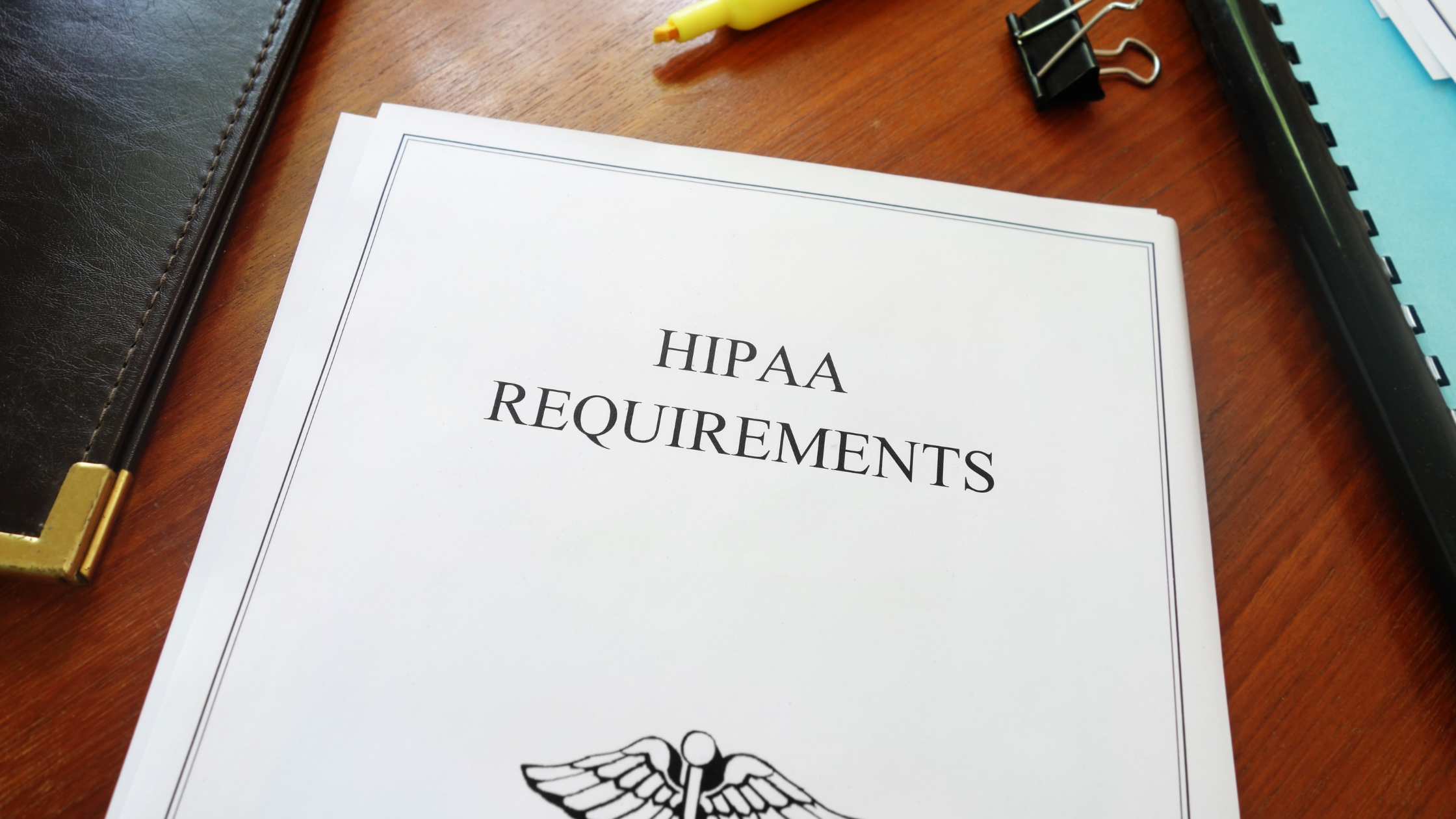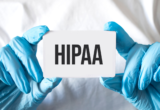
The Importance of HIPAA Compliance in Today’s Industry
HIPAA is one of the most critical pieces of legislation in the healthcare industry. Since its introduction in 1996, it has brought immense benefits to the healthcare industry and its employees. For healthcare organizations, HIPAA compliance is an imperative undertaking. It is a critical place to start, especially if you are looking to safeguard and transfer information within and outside your facility.
But what exactly is HIPAA? Why is it so crucial for healthcare organizations, and what can you do to ensure compliance? Here is a breakdown of some of the answers to these questions.
What is HIPAA?
HIPAA, short for the Health Insurance Portability and Accountability Act, is legislation that was enacted in 1996 to prevent healthcare fraud by protecting sensitive patient health information and ensuring that patients retain control over who can access and use their health information.
This legislation safeguards patients’ information by controlling when healthcare organizations and facilities can disclose protected health information. In the same token, it governs the disclosure of data based on public interest and disclosure for the purposes of treatment.
Essentially, HIPAA sets out to ensure that hospitals and other healthcare industries develop a HIPAA-compliant practice within their organizations. The basic standards of compliance, such as confidentiality, integrity, and availability of all virtual healthcare records, are fundamental. In fact, a breach of HIPAA compliance regulations amounts to a violation of the law, resulting in stringent monetary penalties, reputational loss, and loss of patient confidence.
Why is HIPAA Compliance important for the Healthcare Industry?
Quite frankly, the introduction of HIPAA was a clear shift in paradigm from paper records to electronic copies of health information. This streamlined the administrative functions within the healthcare industries and ensured that vital health information was protected.
That said, HIPAA compliance helps in the following ways:
Implement Best Data Handling Practices in your Organization
One of the goals of HIPAA is to ensure that patients’ sensitive data is protected. HIPAA makes this possible by ensuring that electronically protected health information (ePHI) and protected health information (PHI) are stored, accessed, transmitted, and shared through its data system seamlessly.
Essentially, this is made possible through the implementation of best compliance practices in your organization. For example, an organization is deemed to be effectively compliant by having a designated privacy and security officer. In the same token, the officer must understand HIPAA’s security procedures and policies.
Encourages Continuity and Profitability
HIPAA is stringent legislation, to say the least. Breaches resulting from non-compliance may lead to punitive actions which would, otherwise, prevent the normal operation of your business or organization.
As such, HIPAA compliance is a crucial step to mitigating reputational loss and non-compliance penalties that may prevent you from expanding your healthcare organization.
Builds Customer Trust and Confidence
HIPAA compliance simply means that a healthcare provider has taken adequate measures to safeguard patients’ data. Essentially, such an undertaking makes it possible for patients to trust you with their information, and they are likely to prefer you as their go-to healthcare service provider.
Makes Information Easily Accessible
The introduction of electronic record storing systems in healthcare facilities is beneficial in many ways. One of the primary benefits that healthcare providers and patients can derive from such systems is the ease of accessing information. Apart from easing access to data, the same system is robust when backing up data meaning that if patients’ records are compromised, they can be easily retrieved.
Identify and Protect against Potential Security Threats
Research suggests that healthcare data is a hot commodity. The fact that cybersecurity threats have increased, especially in the healthcare industry, means that hackers are often looking for ways to compromise the data protection systems in the organization.
However, a HIPAA-compliant system is efficient in various ways. For example, a potential threat is easily identifiable via a robust system ensuring that the healthcare organization takes the necessary measures to prevent the breach.
Need help?
Protecting your patient’s data is an imperative undertaking. A non-compliant system within your healthcare facility can result in immense damage, which may not be easy to remedy.
Contact us today to learn more about HIPAA and how to ensure your healthcare organization is HIPAA compliant.


